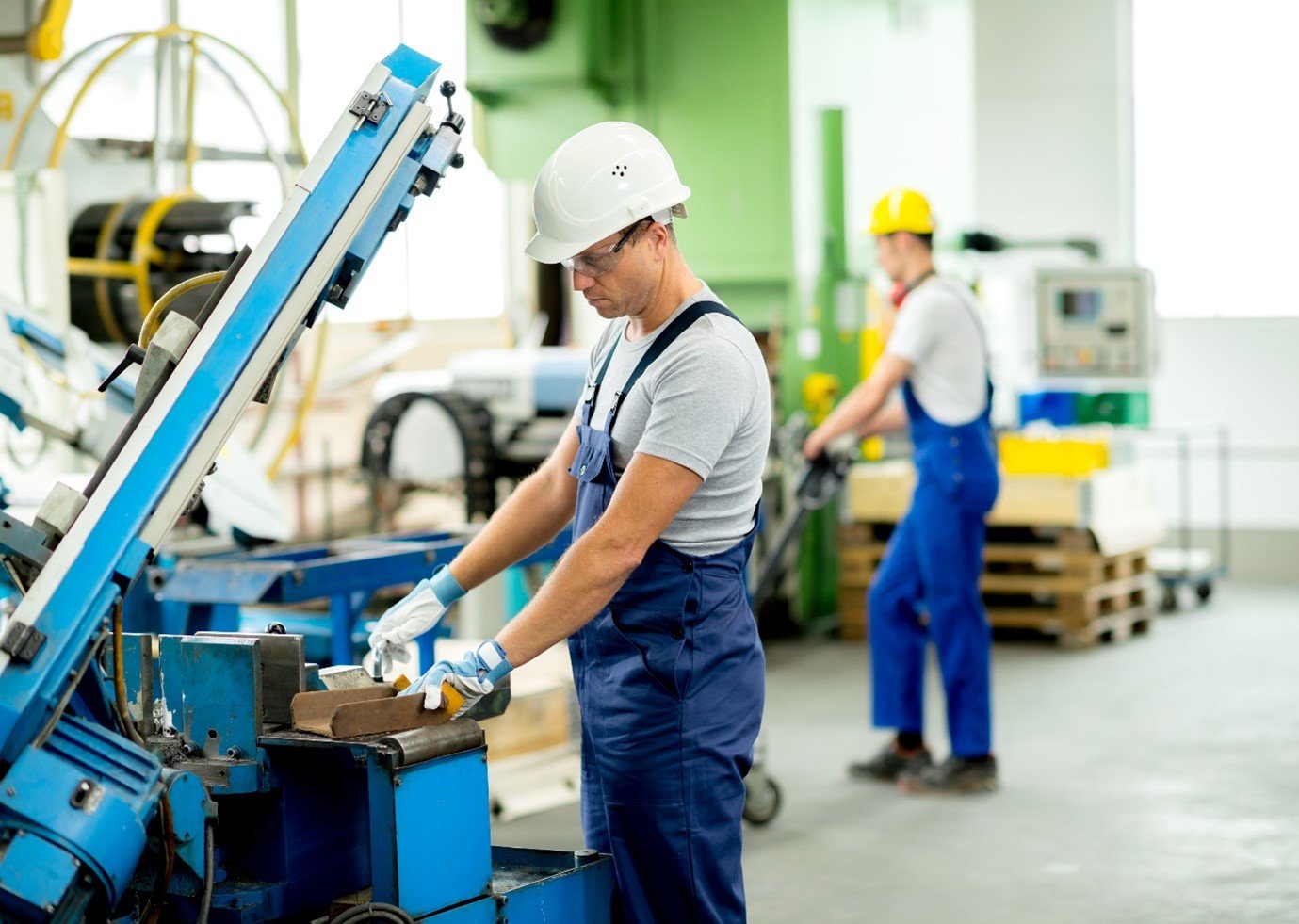
As it stands, the UK is the ninth biggest manufacturer in the world, responsible for an annual output of £192 billion, as well as accounting for 2.7 million jobs. Success in manufacturing relies on combining astute risk management and operational efficiency, with innovation and automation. However, there are several challenges facing the sector. It is important to remember, the industry is fast-paced, and factories operate differently to offices. With such issues in mind, facilities management is therefore essential for the maintenance of sites, to prevent costly repairs and shutdowns. At MSL, we understand every manufacturer has different needs, therefore requiring a unique plan. In this blog, four major considerations will be discussed, relating to manufacturing facilities management.
- Health and Hygiene
According to HSE, in manufacturing there are approximately 85,000 work-associated, ill-health cases per year. Lifestyle-related conditions are amalgamating at faster rates, now more than ever. With the pandemic highlighting the importance of hygiene, sanitisation of factories becomes even more important. However, good sanitation practices at manufacturing sites requires more than just the occasional wipe-down. Deep cleaning is essential. This is because it minimises risk to your workforce, increases productivity and reduces the threat of breakdowns in your production line. Therefore, manufacturing facilities management will become more dedicated, to improving health and safety standards. At MSL, we deliver expert industrial cleaning, from de-greasing hard floors to cleaning ducts and cladding. Whether you require it as a one-off or as part of regular maintenance, either way it will not only improve efficiency, but profitability too.
- Preventative Maintenance
Facilities management within the manufacturing industry is likely to go through a contingency and continuity planning reform. Although many sites operate continuously to meet demand, backup plans for unexpected incidents are still limited. Manufacturers may have strategies in place for redirecting operations should machinery malfunction. However, a better plan would be to address maintenance requirements before the issues arise and escalate. Therefore, it is expected, that industrial facilities management (IFM) will move more towards preventative maintenance, as a form of contingency and continuity planning.
This will be alongside the use of subcontracted services. Doing so will guarantee maximum efficiency, as well as stop machinery downtime, in the event of unforeseen circumstances. Not only does this retain customer loyalty, but it saves your facility money too, as it prevents costly repairs. The outgoing expenses of arranging such a service may seem high. However, research shows these costs in fact generate a 545% return on investment, making it an attractive venture.
If you manage a large factory, making sure it runs smoothly all through the year is vital for its success. At MSL, we will work with you to understand the requirements of your facility and customise a preventative maintenance plan especially for you. For instance, we offer maintenance services such as roofing and guttering, air conditioning and pest control. MSL experts will ensure your smaller issues do not spiral into bigger ones down the line!
- Integrated Systems
Having different systems for one task is not ideal. Traditional procedures as such are sluggish, inefficient, and expensive. This is something that is also being recognised within manufacturing facilities management. When individual systems are not integrated, employees must learn to manage each component individually. For example, within a factory, the fire alarm system prompts the HVAC system, to monitor smoke and ventilation. Or the entry control procedure delivers an exit for evacuation. Such components must be manually adjusted at different times which is highly inefficient. Therefore, integrated systems must be considered for optimum efficiency. Some of the benefits of utilising this include:
- Energy savings
Integration can contribute towards lowering energy usage, leading to significant savings. Checking things such as temperature fluctuations, as well as making necessary repairs to equipment, can produce energy savings almost immediately. - Multiple site management
Integration means if you run several sites, you can consolidate all their activities under one umbrella, to save time, energy, and money. By having a single point of contact for multiple facilities, operations become more streamlined. Using an integrated system can improve the visibility of your whole operation, allowing you to make better informed decisions. - Saving money
Employing such a system is highly cost-effective for facilities, as it ensures decreased operational fees via amalgamation. This is especially true for larger factories with multiple sites. As, appointing a team of professionals to oversee numerous facilities, can be extremely expensive. IFM helps to identify where too much money is being spent, squandered, or not being appropriately administered.
Online integrated systems like our inSYNC FM, permits industrial clients to log jobs with ease and send photographs of problems for quick analysis. This way the appropriate tradesman can be sent to your facility, all whilst tracking the situation as it is in progress.
- Increased Collaboration
As globalisation persists and makes us more alike, at the same time it makes us more mindful of community differences. Therefore, manufacturing facilities management must become more in tune with cultural contrasts. This is on top of adapting their goods and marketing to the international market. The upsurge of online retail means customers exist all over the world. This means manufacturers may need to work with several parties to manage daily requirements e.g., material sourcing and repairing complex machinery.
It is evident that manufacturing facilities management is changing in several ways. Understanding the ways in which it is evolving is crucial. This is because they will grow to be the best practices and standards within the industry, throughout the next few years. Those who adapt to these considerations can improve their current procedures and systems. It is in this way facilities can remain competitive, as well as manage sites efficiently.
If you would like further advice, on how MSL can help with your manufacturing facilities management, call us on 0333 1234 450.
Contact MSL
Call us today on 0333 1234450 or fill out the form on our contact page and we will get back to you.
Contact Us